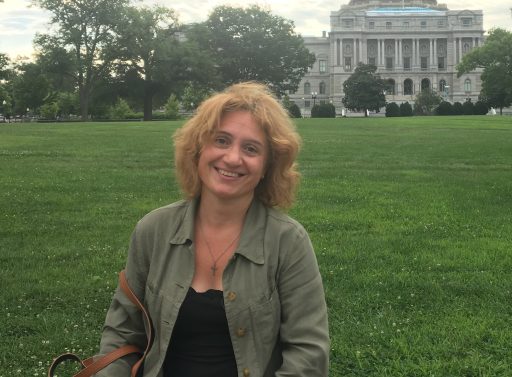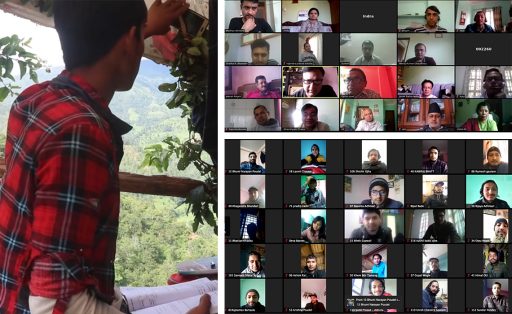For the scientists and researchers linked to the Pacific Research Platform, the conduct of science was already at the desk and important discovery and knowledge continued uninterrupted during COVID-19.
An annual field camp is a cornerstone in the education of civil engineers in Sri Lanka. With assistance from the national research and education network (NREN) the camp was converted to a digital format during COVID.
A research team used telescopes around the world, including CSIRO’s Parkes radio telescope – Murriyang, to complete the most challenging tests yet of Einstein’s general theory of relativity, and found it holds true.
Research and education communities in Lebanon, Palestine and Jordan will benefit from improved connectivity as a new link through London will offer service to the Eastern Mediterranean region.
Efforts to advance distance learning in Thailand got off to a jump start, as the COVID-19 pandemic hit by spring 2020 thanks to a collaboration to deploy Zoom.
Irma Khachidze has been preparing the ground for novel computational methods to study such brain disorders in Georgia, supported by GRENA within the EU-funded EaPConnect project and its ‘Enlighten Your Research’ programme.
To help Australia transition to a lower emissions economy, researchers at Griffith University are using the Pawsey Supercomputing Centre and AARNet to explore new materials for more efficient green energy production.
Research networks and mirror sites for Himawari Real-time enable fast, reliable access to satellite imagery.
Digital Earth Africa is helping to build a better future for Africa and NRENs are playing a critical role in making this happen.
Member institutions and other public academic institutes including government schools used Zoom to operate online classes.
The national research and education network of Bangladesh has assisted its member institutions in setting up online education and conferencing services in response to the global pandemic.
A project involving Finland’s research and education network is working on a new tool for complex calculations.












